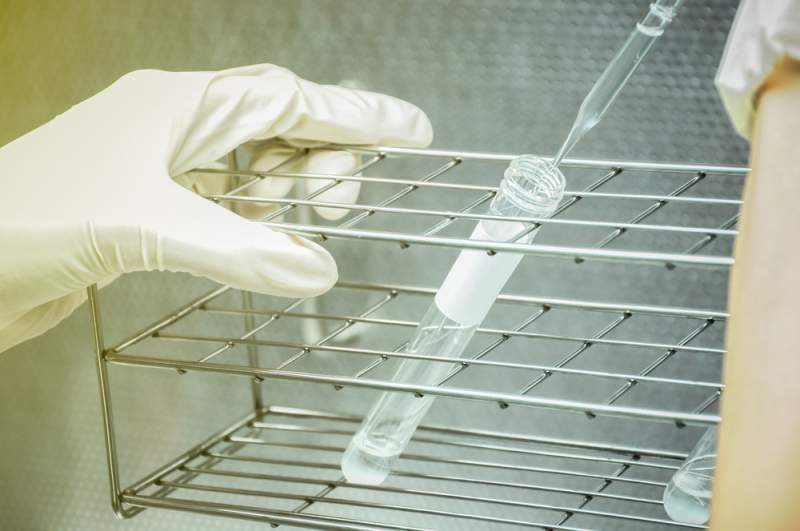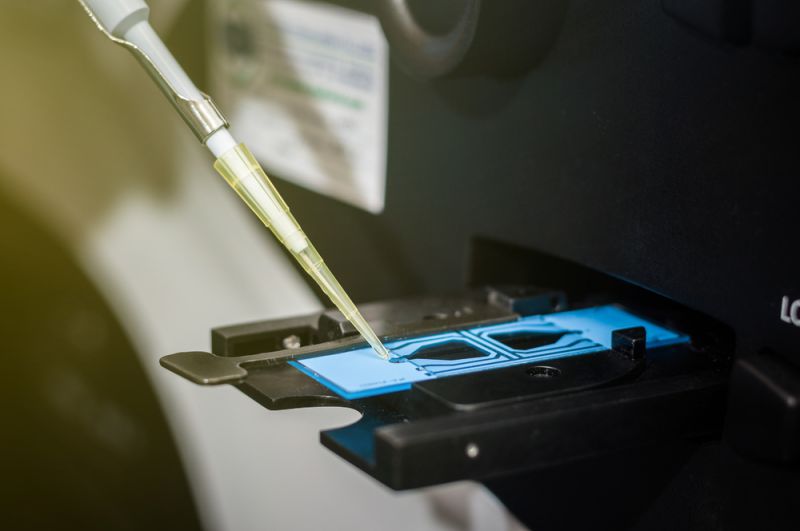Male Fertility and Semen Analysis: Everything you need to know

When you decide as a couple to start undergoing tests and treatment for fertility, your doctor will work with you both to firstly, work out where and what the problem might be, and secondly, create a treatment program to help improve your fertility chances.
One of the key variables in fertility any doctor will look at first and foremost is your partner’s semen.
If the reason behind your inability to fall pregnant lies with your male partner, then the likelihood is that there may be an issue with his semen.
Your doctor will want to examine this and work with you both as a couple to plan the next steps forward.
The way they do this is through an in depth semen analysis.

Why conduct a semen analysis?
Semen analysis is a vital part of beginning to diagnosis any fertility issues a couple may be experiencing.
Some men may find it a little embarrassing, or awkward, when they are asked to undergo this type of testing, but it is all completely natural.
Your doctor is not looking to place blame or judge, they are simply looking for what is happening in both of your bodies that is resulting in you not being able to get pregnant.
Undergoing this test is one of the first steps in overcoming your fertility challenges as a couple.
How is semen analysis conducted?
For a thorough analysis to be conducted, the semen used for testing needs to be a fresh sample.
Because of this most clinics or fertility laboratories have private rooms for men to use to provide a sample.
Some clinics may allow men to collect their sample at home, but it is important that none of the sample is lost or interfered with so they may prefer you to stay in the clinic.
Your doctor will also provide you with guidance around the timing of your sample, for example, a higher sperm count for analysis is usually collected if the man has not ejaculated for at least 2 days prior to the sample being collected.
Because the quality of the sample can differ greatly, it is likely that your doctor will want to carry out at least 2 different analyses, about six weeks apart, so they can account for any variables they may have an impact on your semen.

What is my doctor looking for in the analysis?
There are a number of different factors that are checked, counted and recorded during a semen analysis including:
- The volume of sperm (overall number of individual sperm cells)
- The concentration of sperm 3. The sperm vitality and mobility (how healthy and mobile the sperm cells are)
- The sperm morphability (the shape of the sperm – normal or abnormal shaped cells)
- The sperm pH balance (hormonal imbalances)
- The percentage of sperm antibodies
All of these factors provide your doctor with a great insight into what is happening with your sperm, and whether this could be having an impact on your fertility chances.
For example, if your doctor discovers that you have a high sperm count, and they are all a healthy shape, but the cells are very immobile – this could be a good indication of why and your partner are having challenges.
Likewise if your doctor discovers you have healthy sperm, but a high percentage of sperm antibodies.
Sperm antibodies are part of your natural immune system, but sometimes if the count is too high, they attack your healthy sperm, killing them before you have the chance to fertilize your partner’s egg.
All of these things are important part of the overall analysis and enable your doctor to move forward with creating a treatment plan.

Will my doctor conduct any other tests?
While semen analysis is an important part of your fertility diagnosis, it is only one variable.
It needs to be used alongside other clinical tests and information that your doctor will also be conducting and looking at – from both partners.
The man’s semen is only one factor that contributes to a couple’s ability to fall pregnant.
If your doctor conducts an analysis and believes that everything is healthy, then they will turn to other variables which can include the frequency which the couple engage with sex, the timing of intercourse (for example, during or outside of the ovulation window), how long you have trying to get pregnant and a whole range of physical factors including age, overall health, exercise and diet.
If your doctor deems the sample healthy, they will also want to conduct some initial physical exams to make sure the physicality of how you ejaculate is not having an impact on your chances of getting pregnant as a couple.
Your doctor may ask you to provide a urine sample straight after you ejaculate so that they can test for ‘retrograde ejaculation’.
This is a physical condition where the semen moves backwards into the bladder.
Do I need a referral from my GP to get a semen analysis?
Your local GP will be able to provide you with a referral to a specialist clinic/laboratory that conducts semen analysis if you feel you want to have this checked out.
These clinics will charge a fee for this service is not likely to be covered by your Medicare provision.
If you and your partner are already seeking support from a fertility specialist, then semen analysis will be a part of the diagnosis plan and will be included in any fees.
Fees with a specialist clinic can vary depending on the individual couple’s needs.
It’s really important to remain supportive and nurturing of each other as a couple when on any fertility journey.
Some of the testing you may have to go through can feel embarrassing at first, but it is all serving to help you on your journey to becoming successful parents.
If you are struggling with any of the emotional aspects of undergoing fertility diagnosis and treatment, make sure you speak with your doctor who can provide reassurance and guidance, and your clinic may also have a counsellor and support groups you can tap into.
Most Viewed
-
5 Common Methods of Contraception
Last updated On by Percy Oad -
How to Cope with Male Infertility
Last updated On by Alina -
What is the Difference Between Primary and Secondary Infertility?
Last updated On by Madison -
How to start a child-free life after infertility
Last updated On by Jacinta







